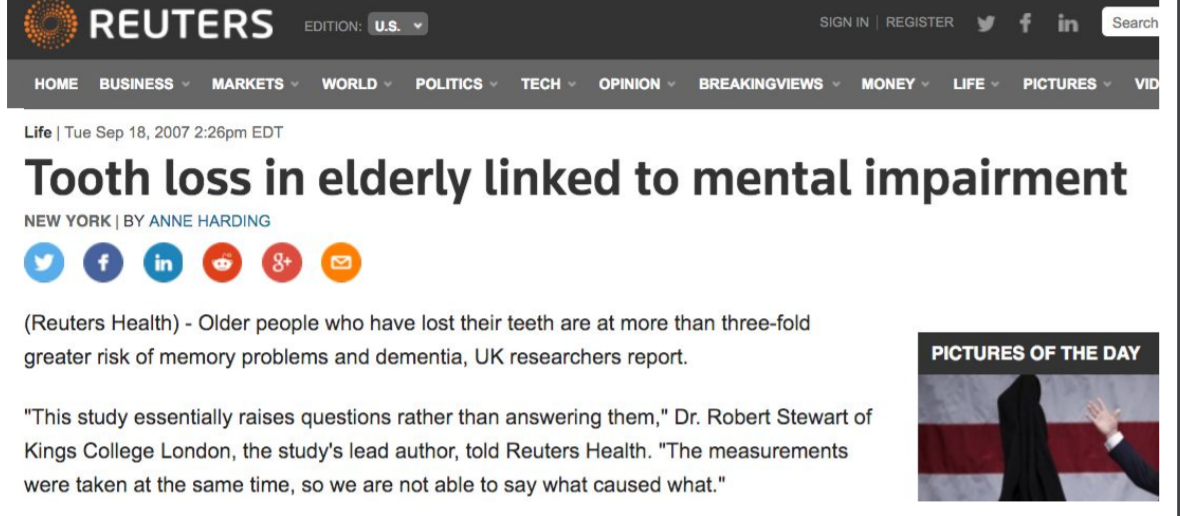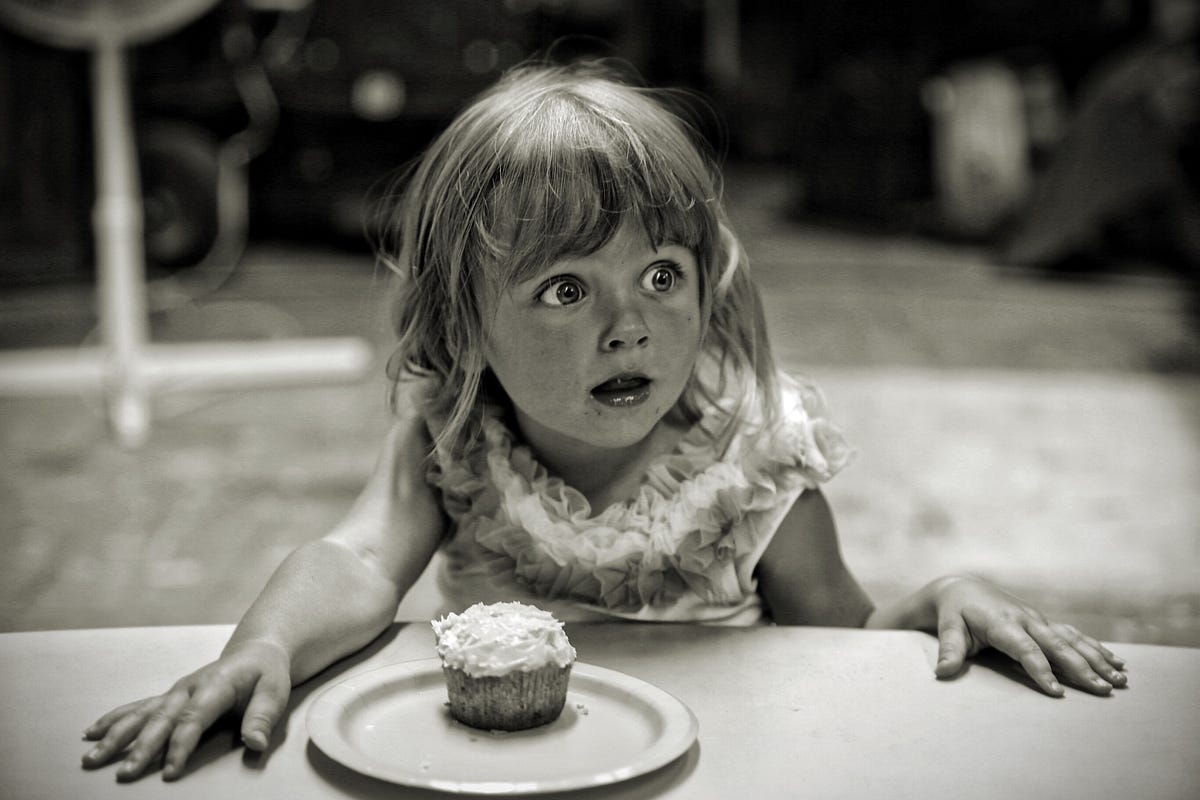Most of us regularly make the mistake of unwittingly confusing correlation with causation, a tendency reinforced by media headlines like




And I could go on for days. If you believed any one of the above news items, you have fallen prey to a classic statistical fallacy: correlation is not causation.
What are correlation and causation?
● Correlation indicates a relationship between two events. For instance, these two events tend to happen at the same time.
● Causation indicates that the occurrence of one event has caused the occurrence of a second event, which means one event makes the other to happen. These two events also happen at the same time, but there is a causal mechanism! This is also referred to as the cause and effect.
It’s easy to see the problem with that logic in these examples:
- “After I washed my car, it rained. Therefore washing my car causes rain.”
- “When I got into the bathtub, the phone rang. Therefore getting in the bath will lead to the phone ringing.”
- “We won our baseball game when I was wearing these socks, so it must be the lucky socks that caused our win.”
The place where this fallacy shows up the most often is in media headlines, which unfortunately is where most people get their science information and news.[2]
